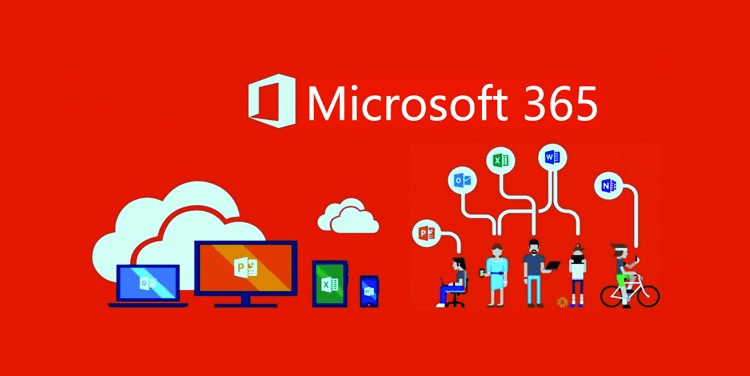We’re often asked at First Class Technologies whether company servers should be located in the cloud or on-premise.
Choosing the right hosting environment is essential in positioning a business for successful growth, so the team at First Class must consider how each business operates, to be able to suggest the most effective way forward, as it differs from company to company.
In this blog, we’ll discuss what the various server terms mean, along with some of the features of each option.
Features of a Physical (On-Premise) Server
A physical server means a tangible device located on the premises of the business, hence it’s also known as an ‘on-premise’ server.
The term ‘server’ refers to a dedicated computer tasked with managing network resources. In simple terms, a server is a computer running a specialised operating system geared towards accepting and responding to requests made by other programs in the network, also known as clients.
Physical servers can often be more powerful and efficient than cloud servers, as they’re not having to rely on factors like internet connections.
Features of a Cloud Based Server
When the terminology ‘cloud’ is used, it refers to the internet. ‘The cloud’ is a pool of shared computing resources that are virtually available to users on demand, through web-based tools via the internet. Cloud based options have been around since 2006, and the number of cloud users and providers has increased exponentially since then.
The benefit of cloud computing is that a user can access data remotely. In today’s world of mobile working, storing data in the cloud allows businesspeople to access important documents from wherever they are (as long as they’ve got access to the internet). It’s a very convenient and efficient way to access, process, and store data.
Whilst there are clearly many benefits to hosting data in the cloud, access to the data relies heavily on a good internet connection speed. Even if you have a fast, reliable, and secure internet connection in a physical office location, you may still experience latency challenges when accessing your cloud server due to several possible issues, for example your business may not have a dedicated service and instead be sharing cloud resources with other companies who are taking up bandwidth. These are the types of scenarios that need to be considered when deciding which is the best server route to take for a business.
There are also some other terms you may hear used – server-based and cloud-based, which we’ll explain below.
What’s the difference between Cloud-Based and Server-Based?
Server-based computing refers to the services running on a physical machine. As the name suggests, the foundation for a server-based network or system is the device itself. It’s sometimes referred to as the centralised server.
The term ‘server-based computing’ refers to how data and other resources are hosted on the central server, and how ‘clients’, such as desktop computers and laptops connect to the server to share its resources.
Cloud-based computing refers to services hosted on the internet, and how they can manage servers and network infrastructure administration. The term ‘cloud-based’ refers to applications, resources or services that are made available to users on demand through web-based tools, via the internet, as opposed to a direct connection to a physical server.
With ‘cloud computing’, everything like applications, data centres and services are hosted remotely in the cloud. Conversely, with server-based computing, services get implemented, controlled, and operated from the physical server.
If you have any further questions, please contact us. First Class Technologies would be happy to help you compare a cloud server to a physical server to determine your best hosting environment – just get in touch for more information.
Microsoft Windows Home versus Windows Pro »
